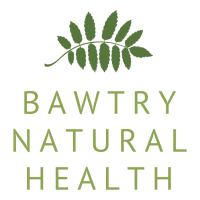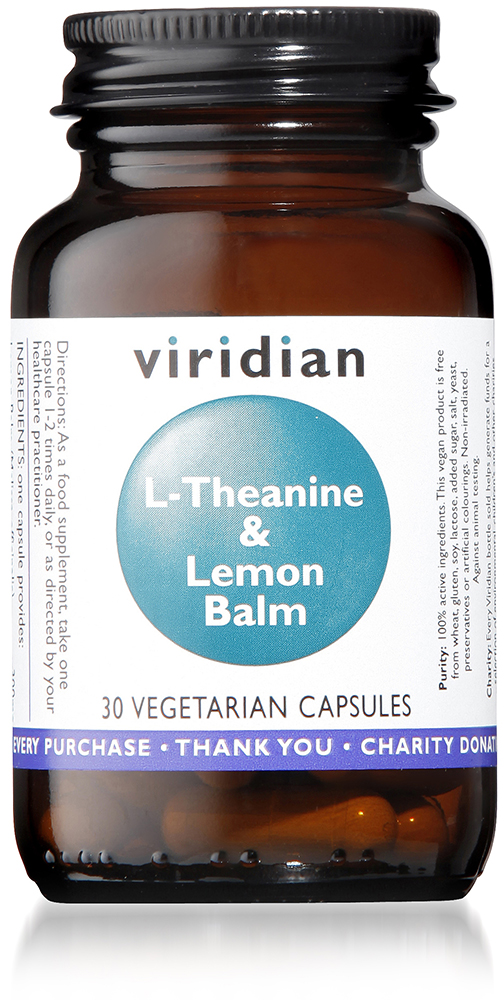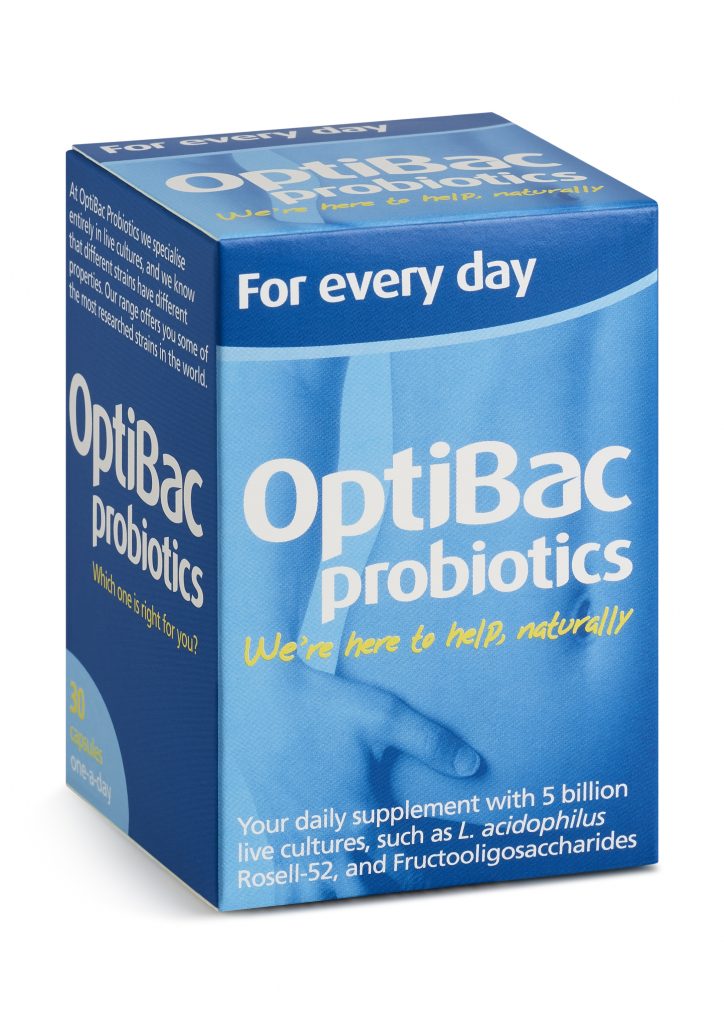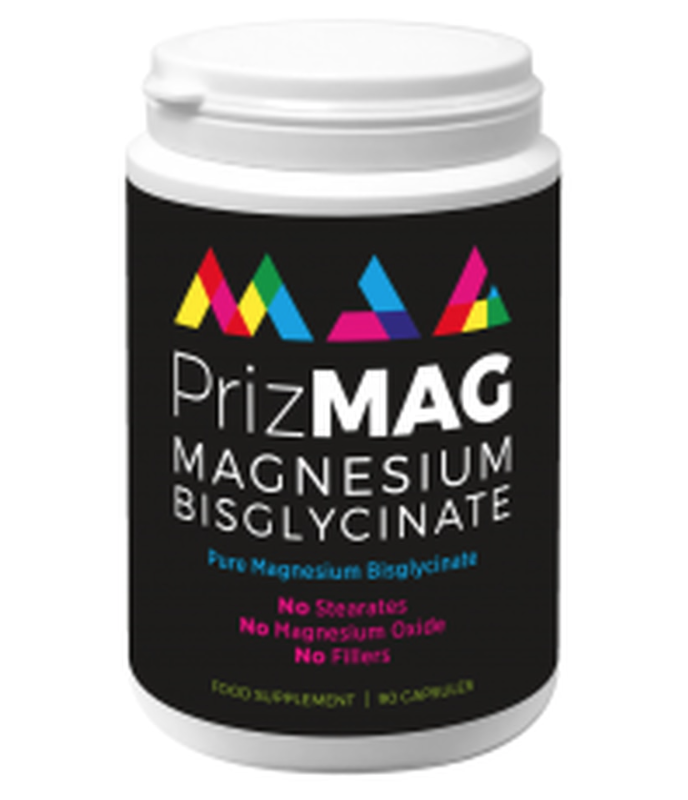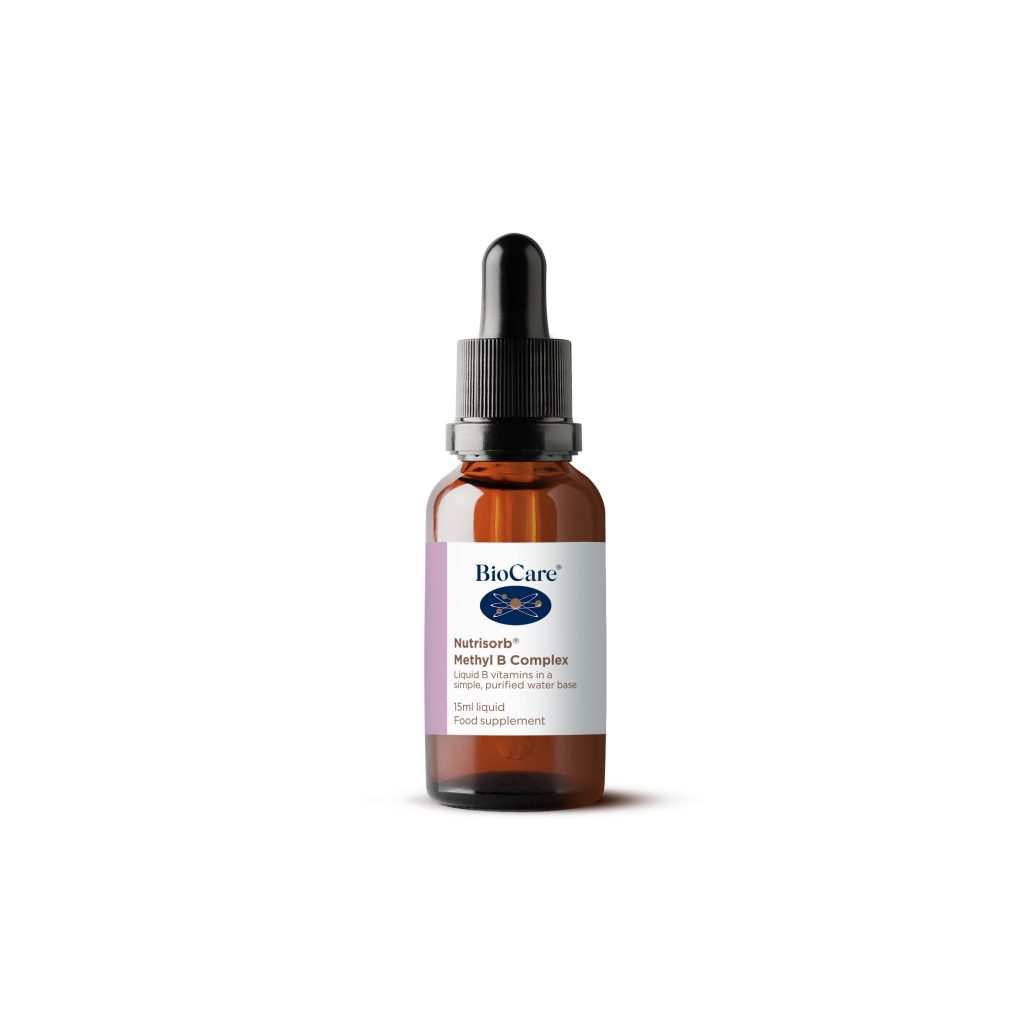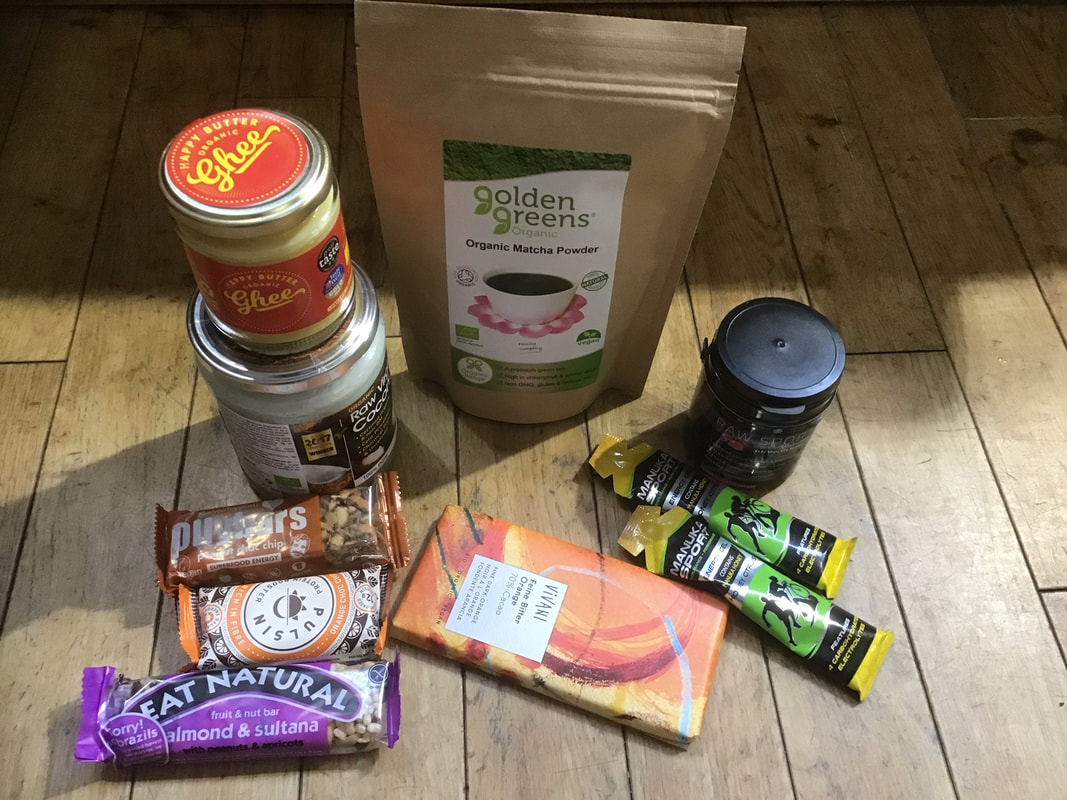How do you feel today? Before you answer with a reflexive polite response, take a moment to think about it. How would you describe your mood, and on reflection with everything that’s happening in you life, do you feel like you should? If you feel worse than you perhaps should, the answer may lie in your neurotransmitters.

What are neurotransmitters?
Neurotransmitters are chemical messengers which send messages from nerves to receptors which convert the chemicals to an action such as a muscular contraction, release of an enzyme or the firing of a neurone. A neurone is a brain cell, that when stimulated can result in a memory being made or experiencing a sensation or an emotion. If your mood doesn’t stack up with your life it’s possible that you may be deficient in neurotransmitters and by boosting these you may find changes to your mood.

There are currently 7 neurotransmitters that have been identified as having benefit to mood, these are;
| Endocanabidol | Dopamine | Oxytocin | Endorphin | GABA | Serotonin | Adrenaline |
| The bliss molecule | The reward molecule | The bonding molecule | The pain killing molecule | The anti anxiety molecule | The confidence molecule | The energy molecule |
In order to produce these neurotransmitters, the essential building blocks must be present. Neurotransmitters are predominately made from amino acids, the constituent parts of proteins. Amino acids are classed as either essential or non essential, the essential one can be synthesised in to non essential and can be obtained from good quality protein sources such as meat, fish, egg and legumes.
As with all nutrients, having a good diet is only the first part, absorption of these nutrients is equally important. Digestive health Is vitally important for mental health for several reasons, as previously mentioned, the production of neurotransmitters is dependant on absorption of key nutrients.
Secondly, some of the neurotransmitters associated with mood were actually identified in the gut before they were found in the brain. The gut-brain axis as it is known as, suggests that the interaction between the digestive system and the brain is extremely important, have you ever had a “gut feeling” about something?
Thirdly, the digestive organs connect to the brain by the phrenic nerve, interestingly over 80% of the nerve fibres run from the gut to the brain suggesting that gut health has a larger effect on the brain than the over way.

Boosting neurotransmitter production through lifestyle
Exercise stimulates the release of endocannabinoids and endorphins and is associated with “runner high”, this can be enhanced when exercising outdoor as serotonin is also produced through sunlight. Serotonin is converted into melatonin and helps us to sleep deeply and restfully, I will talk more about the benefits of sleep in a moment.
Social connection has been found to be a factor in long lived populations throughout the world, oxytocin is release when we have meaningful relationships, be them friendships, romantic or sexually, not to mention the powerful bond between mother and child. When we engage in regular activities with friends we not only strengthen bonds but we also release dopamine as it is released when we make plans and follow them through. Indeed, each task we achieve gives us a sense of reward which make success of the next task more likely.
Sleep has innumerable benefit on also every aspect of our health, encouraging not only repair and recovery but also boosting energy levels, gut bacteria and neurotransmitter production.

Taz’s Top Tips for Mood
- Go for a walk first thing in the morning to start the process early
- Arrange to meet people on a regular basis
- Join a club to meet people with common interests
- Do what you enjoy with people you like!
- Set achievable goals
- Give yourself credit for achieving small victories
- Set long term goals and do something to get closer every day
- Take failure as a learning rather to be disheartened
- Set an alarm at night to tell you to go to bed, with enough time for your bedtime routine and enough time to get adequate sleep
- Eat a balanced diet, include plenty of fruit and vegetables specifically, green leafy veg, fibre rich foods, good sources of protein and good sources of omega 3. Eat a rainbow of fruit and vegetables to get a good range of vitamins and minerals.
For expert advice call 01302 719917 to book a consultation for a personalised plan to help you manage your mood naturally. Click here for more information…
Supplements can help…
Lemon Balm and L’Theanine
Lemon Balm and L’Theanine is a powerhouse that has been shown to reduce stress and anxiety, improve sleep, focus, attention and learning. This amino acid has been widely researched and the benefits are apparent quickly.
OptiBac Probiotics
We are learning more and about the gut brain axis and about the role of specific strains of good bacteria with in the body. OpticBac Everyday contains L. acidophilus Rosell-52 and B. Logum Rosell-175 which in studies have been shown to have a significant affect on depression, anger and hostility and psychological distress. Everyday OptiBac are great for physical and mental health and well-being.
Magnesium
Magnesium is a key nutrient for a healthy, balanced life with energy to get through a busy day. Magnesium also boosts your ability to enjoy restful, restorative sleep, and strengthens your immune system. Magnesium also helps to balance our hormones. Magnesium comes in many forms but the best absorbed is Bisglycinate and citrate.
B Vitamins
There is increasing amount of evidence to show how vitamin B benefits our bodies when it comes to helping with stress. B vitamins can help boost your brain chemistry and balance neurotransmitters for optimum brain function.
Thanks for visiting!
Taz Faruqi, BSc HONs, DIP ION, mBANT, mCNHC, Amatsu physical therapy
